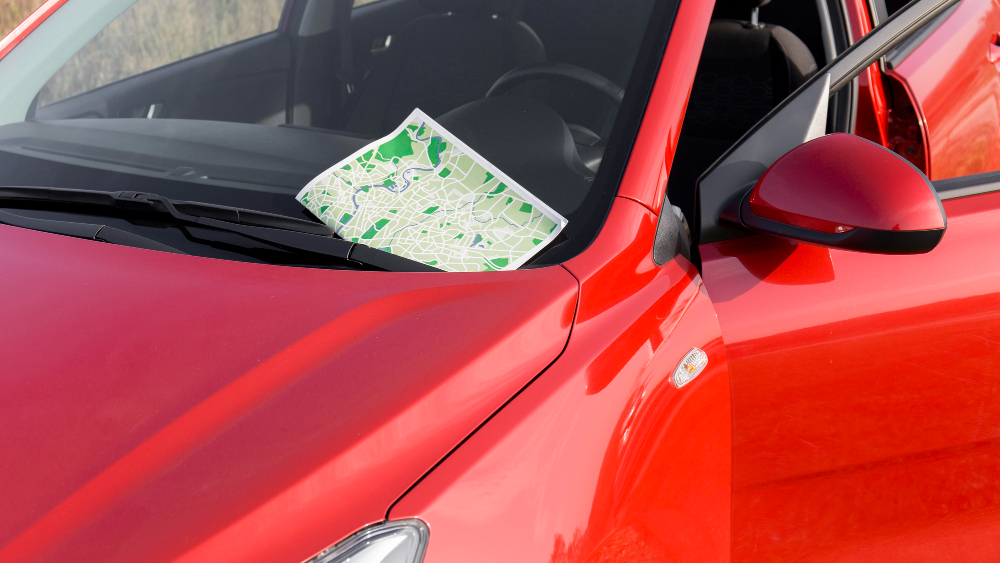
What Are Possible Red Flags or Signs of a Scam When Buying a Car?
-
by Elliott C. Joyce
- 325
Navigating the car-buying process can be both exciting and daunting, especially when faced with the possibility of encountering scams or fraudulent practices. Recognizing potential red flags and signs of deception is crucial for protecting yourself and ensuring a smooth and satisfactory purchase experience. From exaggerated claims to suspicious behavior, understanding the warning signs can help you avoid falling victim to car-buying scams.
If It Sounds Too Good to Be True…
One of the most common red flags when buying a car is encountering unrealistically low prices that seem too good to be true. While everyone loves a good deal, prices that are significantly below market value should raise suspicion. Scammers may use enticingly low prices to lure unsuspecting buyers, only to reveal hidden fees or defects later in the transaction. Be cautious and research the market value of the vehicle to avoid falling for this tactic.
Feeling Rushed Into a Decision
Beware of sellers who use pressure tactics or create a sense of urgency to push you into making a quick decision. Whether it’s claiming that other buyers are interested or insisting on closing the deal immediately, pressure tactics can be a red flag for potential scams. Take your time to thoroughly inspect the vehicle, review the paperwork, and consider your options before committing to a purchase. A legitimate seller will respect your need for due diligence.
Withholding Information or Avoiding Questions
Transparency is essential when buying a car, so be wary of sellers who are evasive or unwilling to provide information about the vehicle’s history, condition, or ownership. If a seller avoids answering questions, refuses to provide a vehicle history report, or hesitates to allow a mechanic inspection, it could be a sign that they are hiding something. Insist on obtaining all relevant information before proceeding with the purchase.
Proceed With Caution
Be cautious if a seller requests payment or a deposit before allowing you to view or test drive the vehicle. This tactic is often used by scammers to secure payment upfront and disappear without delivering the promised car. Insist on inspecting the vehicle in person, conducting a test drive, and verifying its condition before making any payments. Avoid wiring money or transferring funds to unknown sellers without adequate safeguards in place.
Check for Consistency
When reviewing the vehicle’s documentation, pay close attention to any discrepancies, inconsistencies, or alterations. Fraudulent sellers may tamper with documents such as the title, registration, or maintenance records to conceal important information or misrepresent the vehicle’s history. Verify the authenticity of the documentation and cross-check the information provided to ensure its accuracy. Any signs of tampering or irregularities should be cause for concern.
Proceed With Caution
A legitimate seller should have no reservations about allowing you to inspect the vehicle thoroughly or have it evaluated by a qualified mechanic. If a seller refuses to allow inspections or insists on limiting your access to the vehicle, it could be a red flag for potential issues. Insist on conducting a comprehensive inspection to assess the vehicle’s condition, identify any hidden problems, and verify its authenticity.
Verify Credibility
Before engaging with a seller, verify their credibility by confirming their physical address, contact information, and legitimacy. Scammers may use fake identities, disposable phone numbers, or temporary email addresses to conceal their true identity and evade detection. Look for signs of legitimacy, such as a verifiable business address, a working phone number, and a professional email address. Avoid dealing with sellers who are unwilling to provide contact information or meet in person.
Safeguarding Your Car-Buying Experience
In conclusion, being aware of possible red flags and signs of scams when buying a car is essential for safeguarding your investment and ensuring a positive purchasing experience. By staying vigilant, conducting thorough research, asking questions, and trusting your instincts, you can avoid falling victim to deceptive practices and make an informed decision. Remember to prioritize transparency, authenticity, and diligence throughout the car-buying process to minimize the risk of encountering scams or fraudulent sellers. With the right precautions in place, you can confidently navigate the car-buying journey and find the perfect vehicle for your needs.
Navigating the car-buying process can be both exciting and daunting, especially when faced with the possibility of encountering scams or fraudulent practices. Recognizing potential red flags and signs of deception is crucial for protecting yourself and ensuring a smooth and satisfactory purchase experience. From exaggerated claims to suspicious behavior, understanding the warning signs can help…
Navigating the car-buying process can be both exciting and daunting, especially when faced with the possibility of encountering scams or fraudulent practices. Recognizing potential red flags and signs of deception is crucial for protecting yourself and ensuring a smooth and satisfactory purchase experience. From exaggerated claims to suspicious behavior, understanding the warning signs can help…